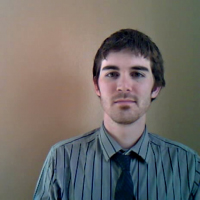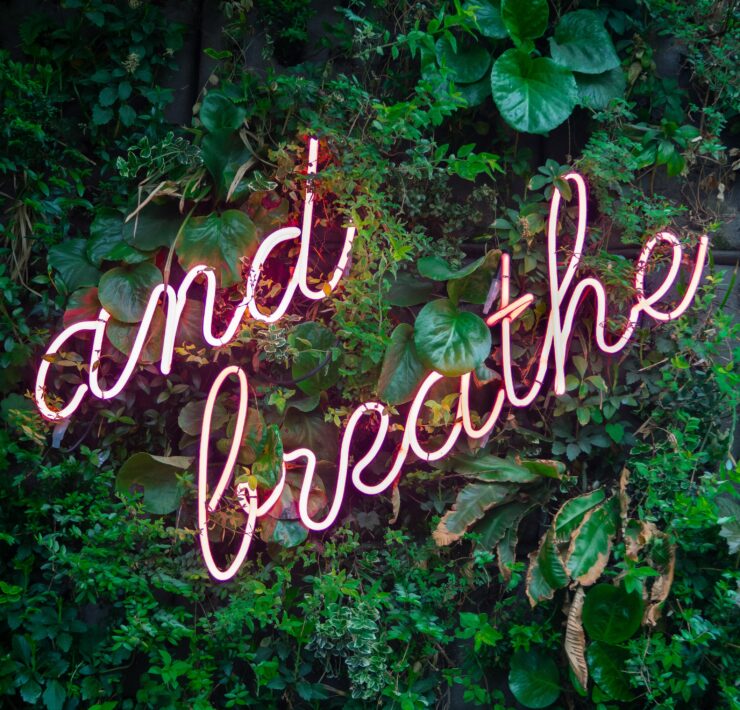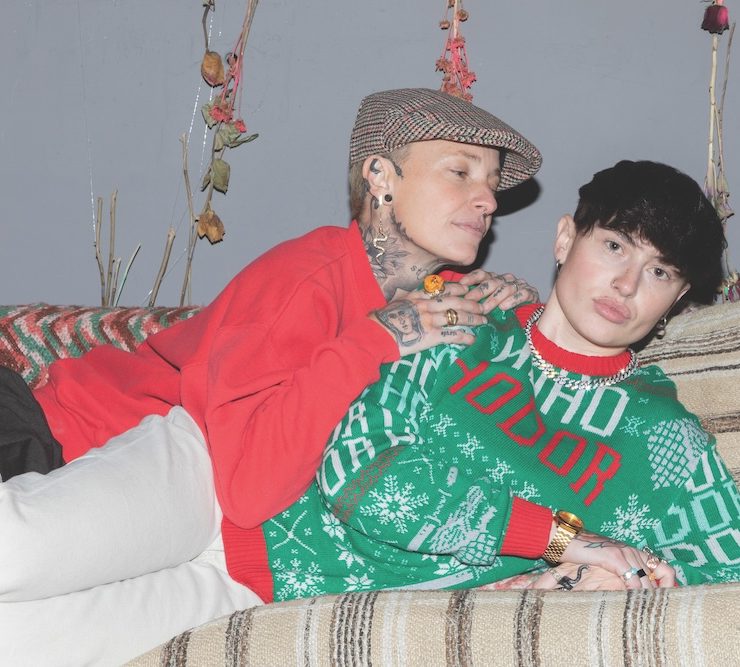From the Editor: Acknowledging our humanness

I think a lot of us are still walking around with scars from growing up LGBT. Developing self-identity as all young people do, our best pictures of the life we were growing into were only our quiet, uncertain fantasies — reality as an accepted and adjusted LGBT adult was still beyond the horizon.
It didn’t leave much emotional grounding to cope with the adversity many of us went through. Many of us felt like we were the only one. Many of us had secret plans to stay in the closet forever. Many of us were conflicted echo chambers for malicious comments we heard, hoping that embodying the world’s rejection of LGBT people would gain us a status of normalcy. And if we encountered an openly lesbian or gay adult role model, she or he often seemed unrelatable — too alien to the culture and prejudices we were immersed in; we thought I hope I’m not that.
Among those courageous enough to come out young, or who were never completely able to hide who they are in the first place, many of us faced bullying, rejection and fear of violence, only learning as adults the extent to which we’d never really been alone in those experiences.
We now know we can grow beyond those issues, and even be gifted by past and present challenges with a sense of insight and grace we couldn’t have gotten otherwise. But there are lingering fears and sore spots.
Our cover story tracks critical progress in improving school climate for Colorado’s LGBT students, but also reveals how universal it is for LGBT kids to be bullied. A nationwide 2011 survey of LGBT students found an overwhelming majority, 82 percent, are harassed for their sexual orientation. That’s certainly not new; we witnessed it back when we were in school. But how often in our conversations about queer youth facing bullying do we hear LGBT adults say, yeah, once that was me?
That’s sort of awkward and embarrassing to talk about, right? I don’t think that hesitance is just because we’ve done so well moving on, but also because our youthful experiences sent ripples through our adult lives. We worry they’d be perceived as ongoing weakness — so we pose as too strong, too cool, too well-adjusted, too popular now to have ever been that kid who, yes, actually did care what people thought, and who was, yes, changed, even traumatized by some of the worst moments.
In all our sympathy for LGBT youth, recognizing that their isolation can be really damaging, we talk about their challenges in third-person as if “it gets better” means we’ve now erased having also been that kid who felt anxious and inferior, whose relationships might still be disrupted sometimes by those memories — that kid who might’ve become hypersensitive to rejection, or distracted from more advantageous pursuits in life by rambling quests for recognition and belonging.
It’s awkward to bring those experiences up, even in safe spaces, as if people would suddenly wonder whether there was some truth to what a bunch of high school kids thought of us years ago and start secretly seeing us the same way they did.
Our cover story also mentions how being bullied leads to measurable detriments in LGBT students’ success and achievement. It makes sense that it would, as it’s known that outcomes can be stunted for students from all marginalized groups. So I find it interesting how rarely I’ve seen an LGBT adult say her or his own personal success — economically or otherwise — has been hindered by prejudice, whether by past trauma, workplace discrimination or anything else. The majority say no; of course those things hurt LGBT people but not me.
It’s not something you can argue with on a case-by-case basis; everybody’s experiences are different and I’m no authority on yours. But the denial seems too common to fit our statistical knowledge of what LGBT people deal with. I’m asking this honestly because I truly want to understand: why do we feel the need to be so stoic?
I think that for a lot of LGBT people, the recent national focus on LGBT youth and bullying has been cathartic. It has been for me. It’s inspiring to see the parents of Coy Mathis so passionate about the well-being of their trans daughter, and the victories they’ve had. As adults we wouldn’t expect ourselves to endure a workplace or environment where we feel always guarded because of threats and harassment; we’d quit, or even sue or press charges. But LGBT youth — who lack not only the ability to choose their environment but the coping skills of maturity — used to be told it’s just how the world works, “just kids being kids.” We know it’s not, and are thankful it’s starting to change.










